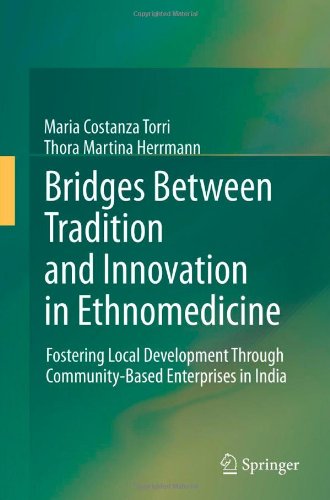

Most ebook files are in PDF format, so you can easily read them using various software such as Foxit Reader or directly on the Google Chrome browser.
Some ebook files are released by publishers in other formats such as .awz, .mobi, .epub, .fb2, etc. You may need to install specific software to read these formats on mobile/PC, such as Calibre.
Please read the tutorial at this link: https://ebookbell.com/faq
We offer FREE conversion to the popular formats you request; however, this may take some time. Therefore, right after payment, please email us, and we will try to provide the service as quickly as possible.
For some exceptional file formats or broken links (if any), please refrain from opening any disputes. Instead, email us first, and we will try to assist within a maximum of 6 hours.
EbookBell Team

4.3
48 reviewsCommunity-based enterprises are the result of a process in which the community acts entrepreneurially to create and operate a new enterprise embedded in its existing social structure and network. This book argues that community-based enterprise could represent a strategy for fostering sustainable local development while at the same time maintaining traditional knowledge in ethnomedicine and conserving the local ecosystems.
The overall purpose of this monographic study is to investigate a new entrepreneurial approach which offers an alternative to the mainstream one and to analyze its possible contribution at the grassroots level in the herbal sector, a domain where local communities still play to a large extent a marginalised role. This innovative approach is represented by community-based enterprises (CBEs) active in India.
The study of indigenous populations and their different forms of entrepreneurships is not simply an exercise in analysing outliers in the global world-system. Rather, it provides a source for the theoretical and empirical analysis of entrepreneurship relevant to the development of generalisable theory applicable in many environments including, but by no means exclusive to, indigenous communities.
This volume analyses the very first community-based enterprise active in the herbal sector in India, the GMCL (Gram Mooligai Company Limited). It demonstrates that the GMCL example provides a unique model of how a community-based enterprise could represent an alternative and promising model for development of local communities. It is an unconventional form of entrepreneurship, in that it is based on regarding collective and individual interests as fundamentally complementary, and views communal values and the notion of the common good as essential elements in venture creation.